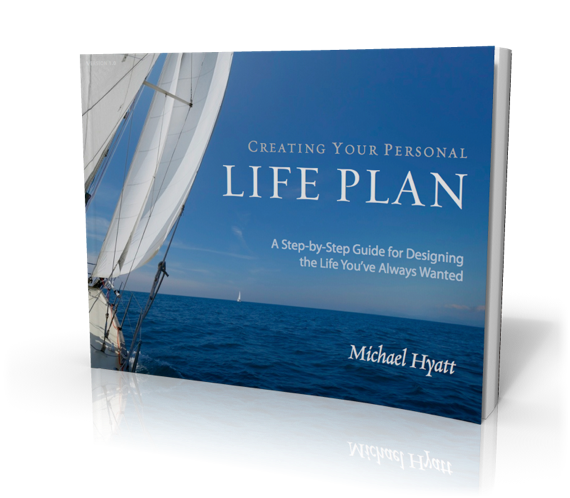Near the end of each year I review my goals for past year and set goals for the coming year. As I think about what I want to accomplish in 2015, I thought it would be helpful to write about my goal-setting process. 2014 has been a good year. I achieved some goals and made good progress toward others. At this time last year I decided that my primary focus for 2014 would be to improve my communication skills.
Specifically, to improve my written communication I set a goal to create a blog and write a post every week. I launched my blog in May and haven’t missed a week. It was good timing because later in the year LinkedIn launched their publishing platform, which has given me a wider audience.
To improve my verbal communication, I set a goal to join Toastmasters, attend every meeting possible, and do a major speech at least once per month. I didn't miss a meeting without a good excuse, I earned my Competent Communicator certificate, and I only missed one month of speaking while transitioning between manuals.
I’m far from being a great writer or speaker. My audience can be my judge, but I’m happy with the progress I’ve made.
With that introduction, here are four elements of my goal-setting process:
1. Think about goals in the context of a life plan
In late 2012 I read an ebook written by Michael Hyatt called Creating Your Personal Life Plan.
The book is available for free here. As I read this book, I took a full day to create a life plan in the format he recommends.
Here’s a quick summary. First, list the major areas of your life, such as family, health, spiritual, finances, etc. (I have eight). For each area, write a purpose statement, an envisioned future, supporting statements (such as quotes), your current reality, and goals to move your current reality to your envisioned future.
I have been goal-oriented for as long I can remember, but creating a life plan provided context and purpose that took my goal-setting to a higher level.
2. Recognize that all areas of life are connected
In mid-2011 I learned in a powerful way that all areas of life are connected. I set a goal to run a half marathon and lose 30 lbs, which I wrote about in a previous post. I thought I was just trying to improve my health, but I didn’t realize accomplishing that goal would lead to progress in other areas of my life.
In general, my family and social life was better because I had more energy to spend on my wife, kids, and others. Specifically, within a week of running the half marathon, I joined a venture capital fund, which gave me the biggest career and income boost of my life. During that time I was also given a demanding assignment in my church, which I don’t look at as an accomplishment, but rather a significant opportunity to grow personally and spiritually.
Reading The ONE Thing by Gary Keller recently (see my book review here) showed me more clearly how I can intentionally integrate all areas of my life (rather than just letting it happen like in 2011).
Keller asks, "what is the one thing I can do, such that by doing it, everything else will become easier or unnecessary?"
This year I only want to have one goal for each major area of my life. To choose these goals I will think carefully about how that one thing in each area will make other things in my life easier or unnecessary.
3. Limit the number of goals at one time
This is related to the last point, but I have learned over time that I can’t focus on too many things at one time. In past years I have tried to accomplish too much, and as a consequence my attention was scattered.
I try to have one goal in each area of my life plan, and even then I prioritize these eight or so goals. As I mentioned, 2014 was my year of of improving communication skills. I haven’t finalized what my main focus will be for 2015. I have a lot to work on, so I need to narrow down my list!
4. Distinguish habits from goals
Each year I start focusing on new things, but I don’t drop what I worked on in previous years. Most goals in one year become habits in future years.
For example, I don’t need to set a new goal in 2015 to post to my blog every week. Writing is now a habit ingrained into my weekly routine that I plan to continue indefinitely.
It’s the Journey, Not the Destination
Establishing a regular routine of setting, working toward, and reviewing goals is a powerful way to make progress in our lives. I find the most happiness and fulfillment in my life when I’m making progress toward my worthwhile goals. I find that making progress toward a goal is even more rewarding than achieving the goal. It’s the journey, not the destination, that matters.
Question: What is your process for setting goals?

